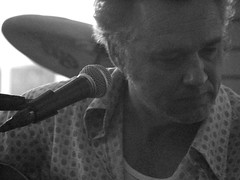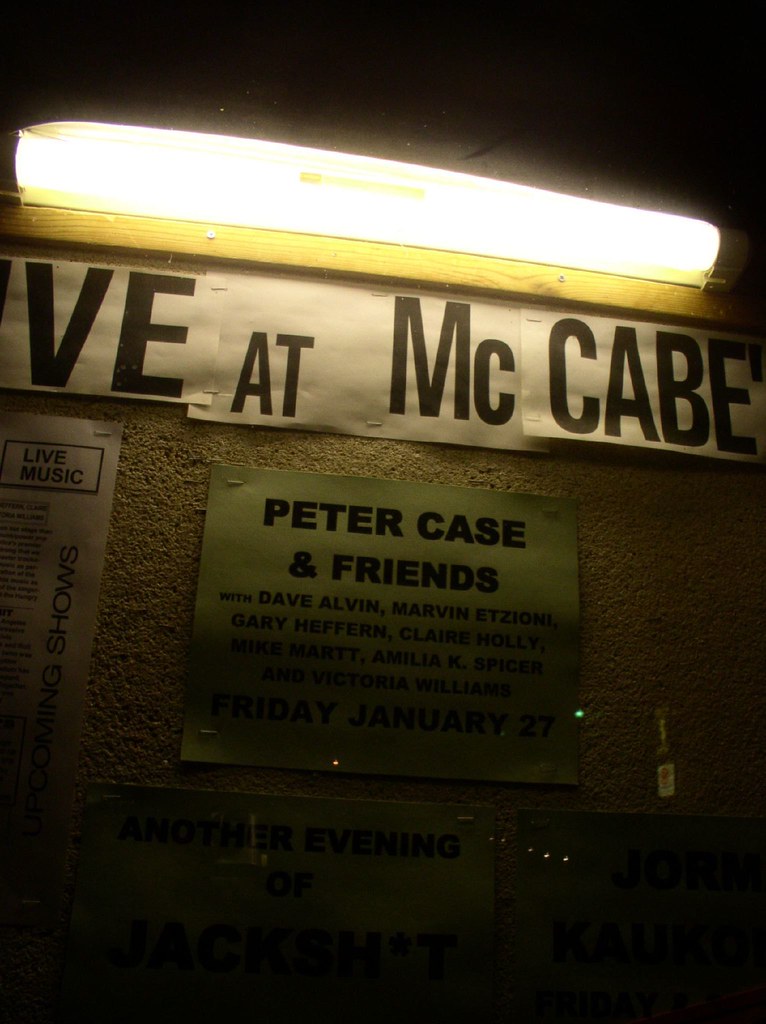The politics of religion in America
WHAT IN THE name of God is going on in American politics? Mitt Romney's "Faith in America" speech, riddled with mistaken assertions about religion, was itself a warning. But other presidential candidates, debate moderators, pundits, and religious leaders all share a dangerous confusion about questions of faith and citizenship. Here are only a few:
Is America's goodness grounded in God? When Romney and others assert that American virtues, generally summed up in the idea of "freedom," are based on faith, a cruel fact of history is being ignored. The politics of human rights, like the idea of individual freedom, were born not in religion but in the Enlightenment struggle against it. When Thomas Jefferson located "inalienable rights" in an endowment from the Creator, he was decidedly speaking from outside the mainstream of any denominational faith. Jefferson's point was not to affirm God, but to deny King George.
It is not an accident that "God" does not appear in the Constitution. Following the American lead, religions, too, learned from the nonreligious improvements of modernity, but it is dishonest to claim after the fact that religions somehow sponsored them.
Were "the Founders" religious? It is a convention of political speechmaking to ascribe faith to the Founders, but what kind of faith, and what Founders? The Pilgrims, for whom "freedom" and "rights" meant nothing, wanted a theocracy. One hundred fifty years later, the Deist revolutionaries assumed a distant God whose interest in creation, much less the young nation, was minimal. By Lincoln's time, traumas of war drove piety, and it was only then that present notions of public devotedness were born. (It was Lincoln who established the motto "In God We Trust.") In truth, the power of faith in American politics has waxed and waned. There is no consistent tradition to be upheld or to be betrayed.
Is "secularism" dehumanizing? When Mitt Romney praised vital American religion in contrast to Europe where churches are "so grand, so inspired, so empty," one could wonder what the collapse of institutional faith in Europe actually means. Romney condemned the "religion of secularism."
Yet such American smugness seems to miss the largest point of difference between the Old World and the New. In the very years that majorities of Europeans were walking away from organized religion, they were resolutely turning away from government-sanctioned killing, whether through war or through the death penalty; they were leaving behind narrow notions of nationalism, mitigating state sovereignty, and, above all, replacing ancient hatreds with partnerships. All of this stands in stark contrast to the United States, where the most overtly religious people in the country support the death penalty, the government's hair-trigger readiness for war, and the gospel of national sovereignty that has made the United States an impediment to the United Nations.
Does God send people to hell if they vote wrong? You would think so if you listened to the American Catholic bishops, who said in November that forbidden political choices "have an impact on the individual's salvation." The five Catholics running for president all hold positions that, in the bishops' view, might earn their supporters eternal damnation. Whenever preachers appeal to hellfire as a way of reinforcing injunctions, you can bet they have failed to make a persuasive moral argument.
What is discouraging here is that the bishops, aiming to reinforce their squandered moral authority, are resuscitating an image of a threatening, violent God that religious people generally, and Catholics in particular, have struggled to leave behind. Religion aims not to "save" from an unmerciful God, but to reveal that God's mercy is complete.
Is Mormonism a religion of myth? The answer, of course, is that every religion is a religion of myth. The symbols, rituals, and sacred texts of every faith grow out of contingent historical circumstances that seem at odds with the transcendent claims that religions make. Joseph Smith's origins in upstate New York might seem disqualifyingly banal, yet so did Jerusalem to those who lived in Rome, as did Galilee to those who lived in Jerusalem. Religions claim to be above such history, and that myths are revelations - but the glory of God is that God reveals through human invention. What Mormons believe is outlandish - which is the point.
Politics and religion, like art and music, aim to accomplish the same thing, which is to overcome absurdity with meaning. Religion does this by seeing God's hand in history. Politics does it by affirming that, if history is all there is, it is enough.
James Carroll's column appears regularly in the Globe. ![]()






